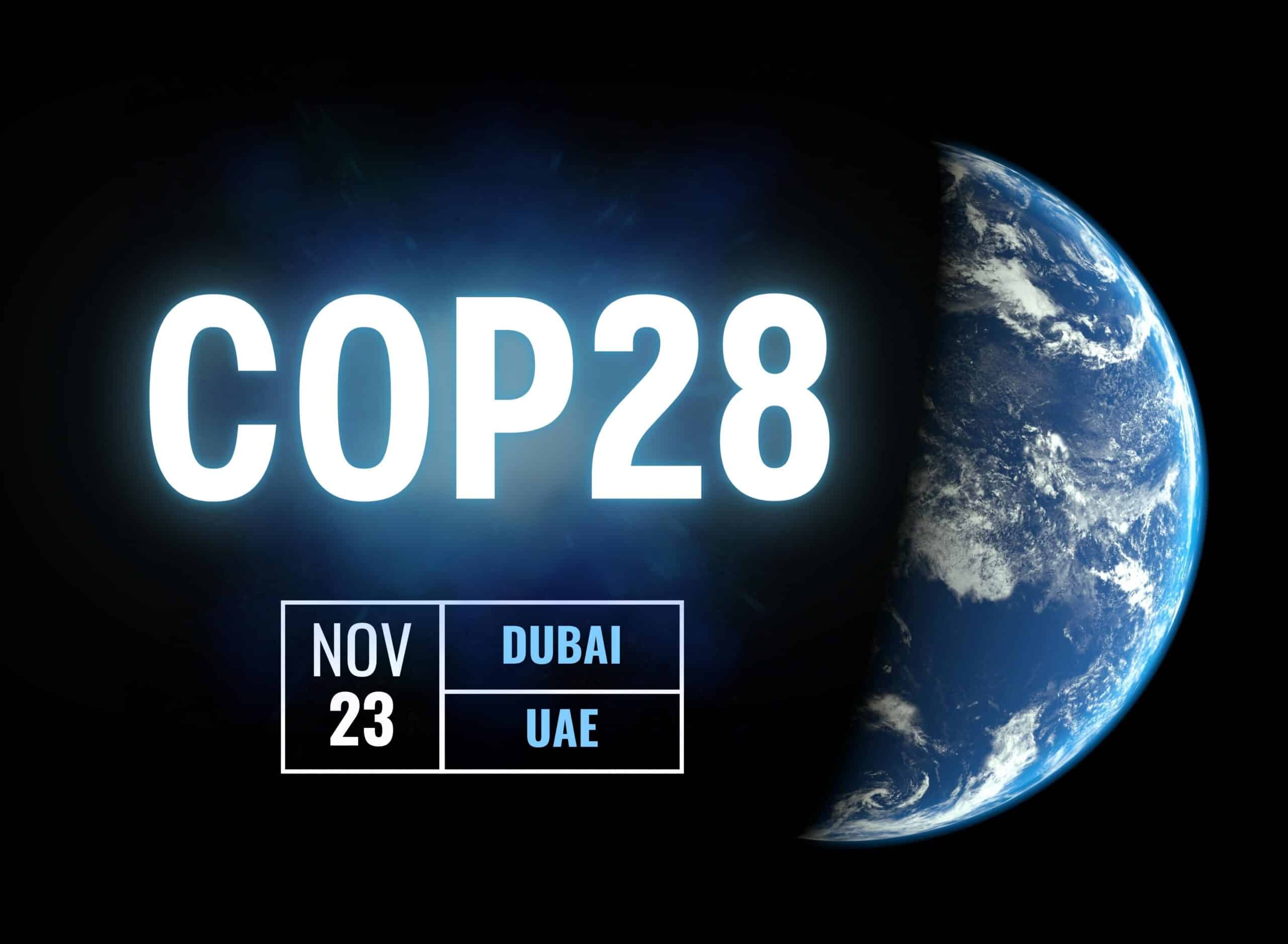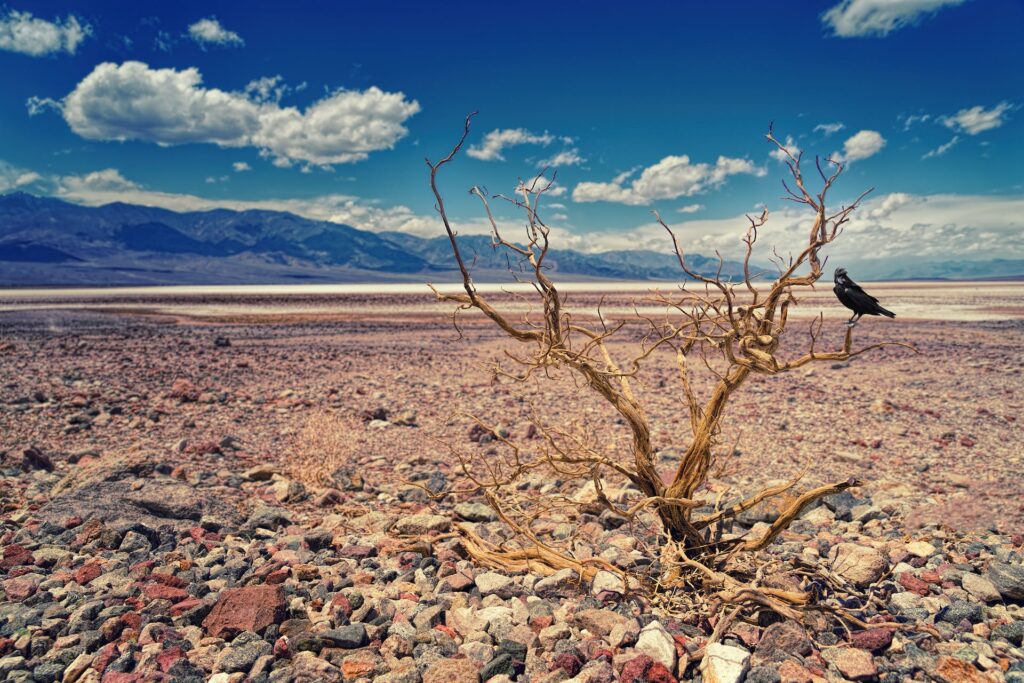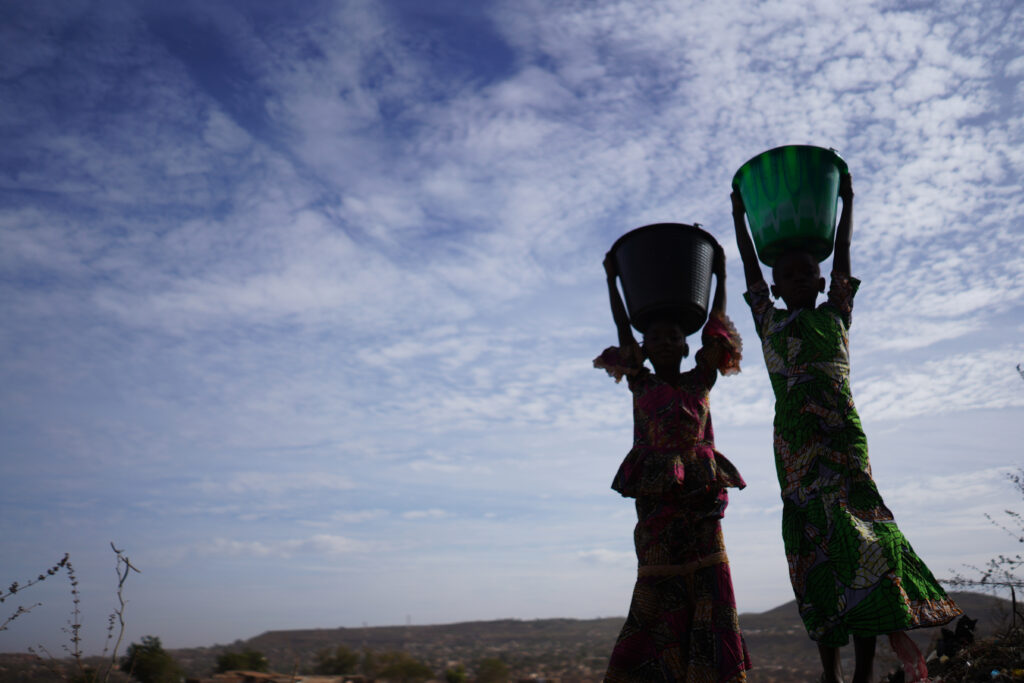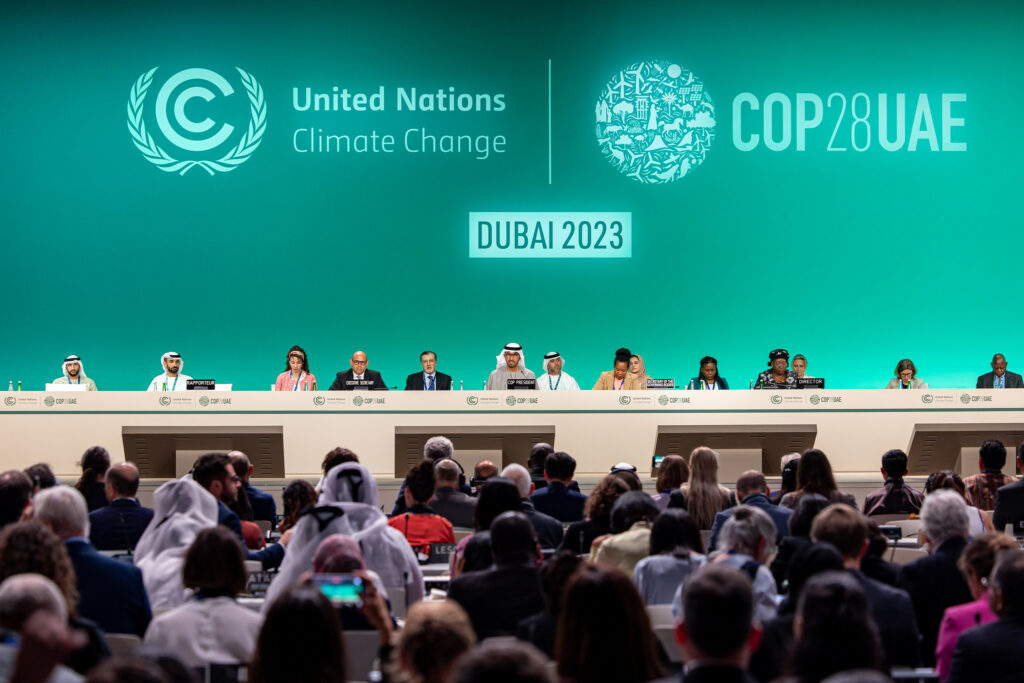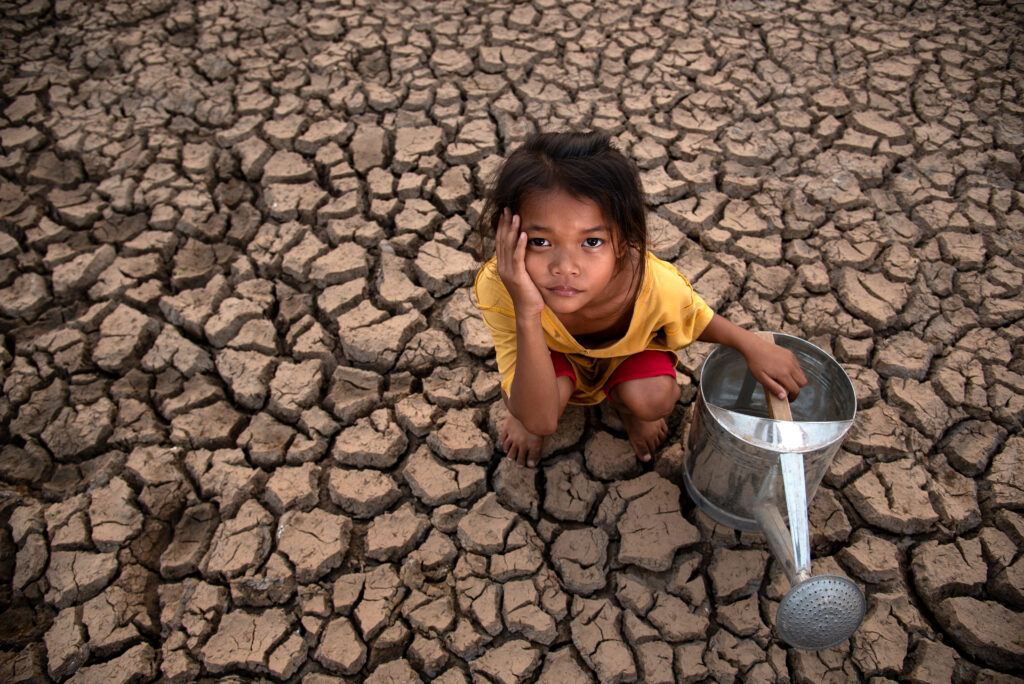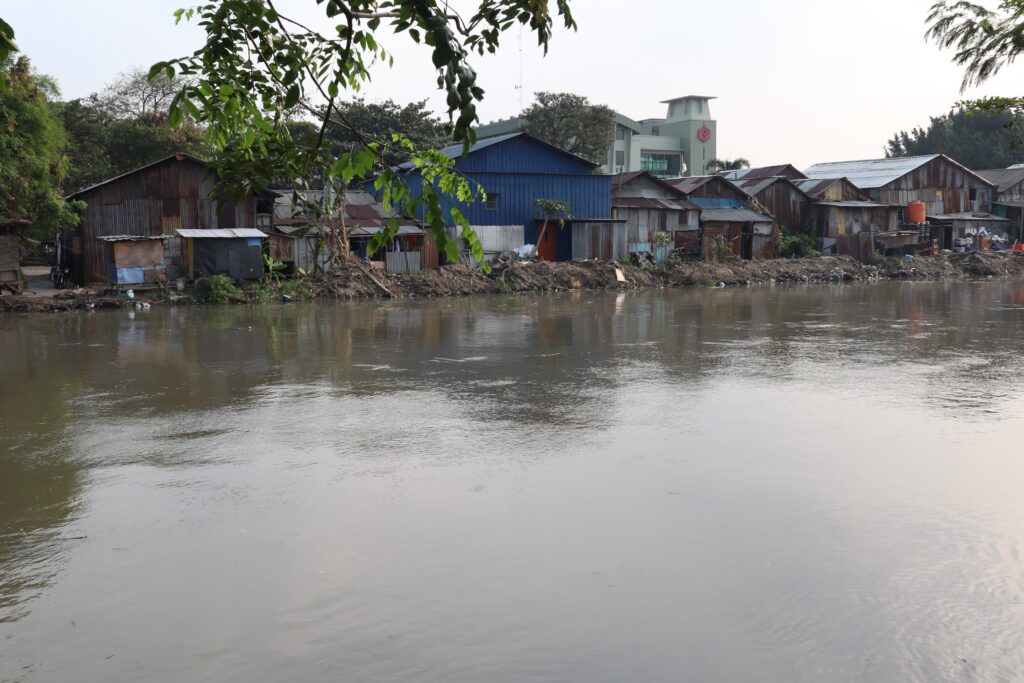One of the early successes and a major COP28 outcome at the UN climate conference, was the operationalisation of a long-awaited loss and damage fund. Through this scheme, UNFCCC parties pledged USD 792 million for countries suffering damage from climate change.
A major issue, however, is that the contributions are purely voluntary, according to Concern Worldwide, Ireland’s largest aid and humanitarian agency. The amount also represents just 0.2% of the estimated USD 400 billion economic cost of loss and damage globally. And, there’s still debate over which countries will contribute and how this fund will operate.
“We are concerned that it will be managed by the World Bank and we want to ensure that funds are provided as grants, not loans,” said Afsari Begum, program manager for Concern Bangladesh, who attended COP28. “We are also waiting to see details of how the funds will be accessed and what selection criteria will be used,” she said.
Renewed Finance Momentum
All in all, COP28 UAE secured more than USD 85 billion in new financial commitments across various climate areas. It also witnessed 11 pledges and declarations on climate action. These covered everything from finance to agriculture and, for the first time, food systems and health.
In addition to loss and damage, the USD 85 billion included commitments of USD 134 million toward adaptation. It also comprised USD 129.3 million for the Least Developed Countries Fund and USD 179.06 million for the Special Climate Change Fund.
Furthermore, six countries promised to recapitalise the Green Climate Fund with USD 3.5 billion. This brought total pledges to USD 12.8 billion. In support of nature-based climate action, the summit mobilised USD 186.6 million of financing towards forests, mangroves and the ocean.
To keep 1.5°C within reach, parties will now need to deliver their new, stronger Nationally Determined Contributions for 2035 starting from late 2024.
Insufficient Reassurance on Adaptation
While promising commitments emerged during COP28 2023, the Global Stocktake (GST) did not offer developing nations enough reassurance on climate finance. Question marks especially remain over how the energy transition or climate adaptation is going to be funded in vulnerable countries.
“We can’t ignore the heartbreaking letdowns on adaptation and the dangerous loopholes in mitigation,” said Nathalie Bernasconi, interim co-president and co-CEO of the International Institute for Sustainable Development.
The decisions adopted at COP28 Dubai, she added, will impact the most vulnerable communities on earth, leaving them underfinanced and underprepared.
More Renewables, Less Fossil Fuels
Some 100,000 people turned up at COP28, more than double the number that attended COP27 in Sharm El Sheikh. The Dubai gathering also included at least 2,456 fossil fuel lobbyists, up from 636 at last year’s summit. This wasn’t surprising as one of the key issues at the climate summit was to agree upon an approach to phase out fossil fuel production.
For the first time, representatives from nearly 200 countries agreed to transition away from fossil fuels in energy systems – but not from transport or other industries.
Countries also committed to phasing out fossil fuel subsidies “as soon as possible” – another first in a global UN text. And they vowed to accelerate the phasedown of unabated coal power. Notably, Japan announced it would end new construction of domestic unabated coal power plants. The country draws nearly a third of its electric power supply from coal.
“COP28 marks the beginning of the end of the fossil fuel era,” Linda Kalcher, executive director of pan-European think tank Strategic Perspectives, said. “This outcome must be harnessed by governments and markets, but clearly signals the beginning of the end for coal, oil and gas in the global economy and the massive growth of renewables.”
During the summit, 132 nations pledged to triple renewable energy generation and double the energy efficiency annual rate by 2030. COP28 had called for a target of 11,000 gigawatts of renewables capacity and a 4% increase in energy efficiency improvements over the next seven years. But, these figures were not included in the Global Stocktake.
Voluntary Decarbonisation of Oil and Gas
An applauded development at COP28 summit was the launch of the Oil and Gas Decarbonisation Charter (ODC). The agreement commits signatories to zero methane emissions and ending routine flaring by 2030 and net-zero operations by 2050. To date, 52 companies representing over 40% of global oil production have signed up to the charter.
However, like loss and damage funds, there was scepticism over the charter’s voluntary nature. Critics also noted that COP28 deliberately launched the renewables targets together with the oil and gas pledge.
Bundling up the two “appears to be a calculated move to distract from the weakness of this industry pledge,” said David Tong, global industry campaign manager at US advocacy group Oil Change International. Voluntary pledges, he added, cannot be a substitute for a formal negotiated outcome that addresses the root cause of the climate crisis: fossil fuels.
Additionally, the oil and gas companies’ net-zero by 2050 commitment is only for operations. “The pledge doesn’t cover a drop of the fuel they sell, which accounts for up to 95% of the oil and gas industry’s contribution to the climate crisis,” Melanie Robinson, global climate program director at the US-based World Resources Institute said.
“Ignoring emissions from the fossil fuels that companies sell is like a cigarette maker claiming no responsibility for the impact of their product once it leaves the factory door.”
A Rocky Road to a Fossil-free Future
Among the non-CO2 emissions that require action, the Global Stocktake only singled out methane. Previous COP texts had references to fluorinated gases and N20 – greenhouse gases that are contributing to climate change.
Moreover, most oil and gas companies already have stringent requirements to cut methane emissions, according to Robinson. “This charter is proof that voluntary commitments from the oil and gas industry will never foster the level of ambition necessary to tackle the climate crisis.”
Also concerning is that the Global Stocktake mentions “transitional fuels”, stating they can play a role in facilitating the energy transition. This indicates gas was not given the same standing as the need to transition from fossils fuels.
“The text has many loopholes and offers several gifts to the greenwashers, with mentions of carbon capture and storage, so-called transition fuels, nuclear power and carbon markets. Overall, this maps a rocky road towards a fossil-free future,” Teresa Anderson, global climate lead at South Africa-based ActionAid, said.
COP28 Outcome: Incremental Progress Ahead of Next COP
Overall, the COP28 outcome was “strong on signals but weak on substance”, Marcio Astrini, executive secretary at the Brazilian Climate Observatory, remarked.
Importantly, the agreement lacks language on targets and timelines. It also contains a significant reference to rich countries paying poorer countries to use their forests as carbon offsets. This raises questions about sovereignty and fairness. Besides, over-reliance on natural carbon sinks is a risky strategy as their future contribution is uncertain.
Still, the COP28 outcome should discourage institutions from investing in assets that will soon be stranded. It also sends clear signals on the need for a just energy transition and climate finance reform ahead of COP29 in Azerbaijan and COP30 in Brazil.
Heba Hashem
Journalist, Dubai
Heba is an Arabic and English-speaking freelance journalist based between the United Arab Emirates and Canada. She covers stories about business, renewable energy, climate change, finance, technology, real estate, food production, lifestyle and arts and culture.
Heba is an Arabic and English-speaking freelance journalist based between the United Arab Emirates and Canada. She covers stories about business, renewable energy, climate change, finance, technology, real estate, food production, lifestyle and arts and culture.

